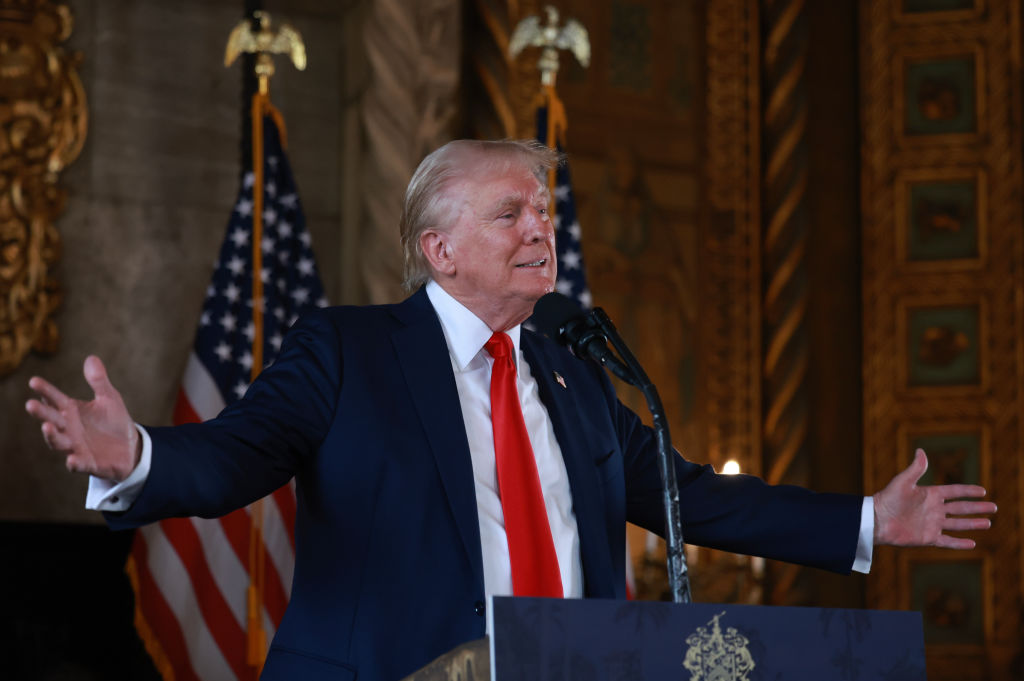Why Hawks Aren’t Held Accountable for the Wars They Support
Conor Friedersdorf laments that hawks suffer no political consequences for their bad judgment. He mentions Clinton and Rubio’s support for the Libyan war in particular:
Especially since Hillary Clinton and Marco Rubio also supported the Iraq War, another conflict that harmed U.S. interests by creating a power vacuum that terrorists filled, their support for intervening in Libya ought to disqualify them from the presidency. Savvy political observers will scoff at that judgement. Yet their notion of who is qualified to shape foreign policy is disconnected from past performance. What ought to be scoffed at are the résumés of these hawks.
Friedersdorf is correct that these major errors of judgment ought to be disqualifying for would-be presidential candidates. That raises the question: why aren’t they? The most important reason is that hawks are never held accountable for policy failures, because they are judged by the most generous interpretation of their intentions and are typically never judged by the results of the policies they support. Provided that a politician accepts a consensus view about the U.S. role in the world, the necessity of U.S. “leadership,” and the desirability of activist foreign policy, he or she continues to be taken seriously on foreign policy no matter how long the record of failure may be. Because there is a bias in foreign policy debate in favor of action, a politician is unlikely to suffer permanent political damage from backing a disastrous military intervention. Even though Clinton’s support for the Iraq war did cost her some in 2007-08, it hasn’t kept her from being appointed to a major Cabinet position and it obviously hasn’t prevented her from becoming the prohibitive favorite in the Democratic nomination contest.
Most voters typically don’t recall the policy errors that their political leaders have made, and this is especially true for foreign policy errors that had no direct impact on the American public. The unfortunate truth is that the U.S. and its allies can help wreck another country with military intervention and suffer no real backlash at home because no one back home feels the effects of the war. There is hardly anyone in the media interested in reminding voters of these errors, and much of the media is often only too happy to present an intervention as a success and then forget about it for a long time. To the extent that an interventionist policy is widely recognized as a failure, the negative consequences of the unnecessary war are often portrayed as surprising, unforeseen developments that can’t be traced back to U.S. actions. If there is some grudging acknowledgment of U.S. responsibility for the ensuing chaos, that is spun as proof that the U.S. didn’t do enough. The original decision to intervene is rarely, if ever, seriously questioned, and it takes extraordinarily costly failures such as the Iraq war to make that happen.
Large sections of the foreign policy establishment made the same errors as the politicians in backing these wars, so there will be very few people that speak and write regularly on these issues that will have any incentive to hold politicians accountable. There will be many more prepared to excuse or explain away the politicians’ bad decisions for partisan or ideological reasons. Because these unnecessary wars typically have some measure of bipartisan backing also provides another layer of political cover for hawks in both parties. Hawks from both parties have an incentive to avoid questioning the wisdom of the war itself, since that would reflect poorly on all of them, and instead they quarrel with each other over tactics and execution. This is why Rubio complains about the way that the Libyan was fought, but has no doubts about the decision to intervene. Criticizing tactics and execution allows a reliable interventionist to distance himself from the policy he supported to make it seem as if he isn’t partly responsible for the failed policy.
